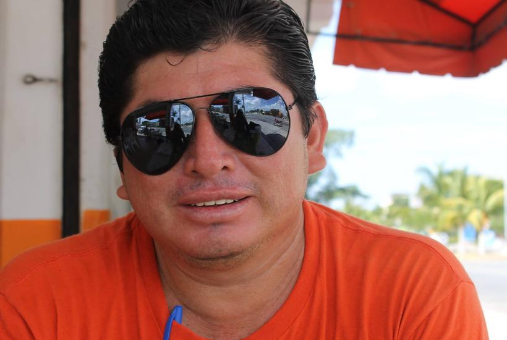
Police reporter José Guadalupe Chan Dzib was shot and killed at a bar in the state of Quintana Roo just ahead of general elections in Mexico.
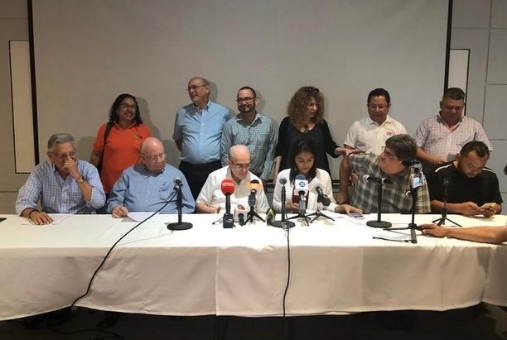
As attacks against journalists in Nicaragua grow after months of protest, independent journalists in the country are calling for freedom to carry out their work. They are also expressing hope in the international organizations on the ground that are working to curb violence in the Central American nation.
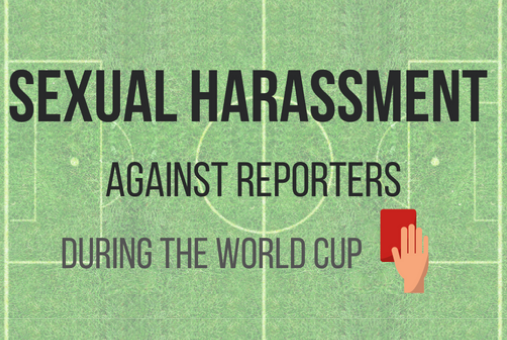
The first day of the soccer World Cup, which this year takes place in Russia, has yielded one of the most regrettable moments of news coverage of the event to date.
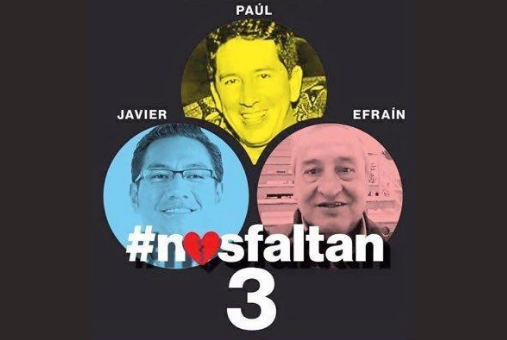
The Colombian and Ecuadoran governments confirmed that three bodies found in Tumaco, Colombia belong to the El Comercio reporting team that was abducted on March 26 while reporting in the border region.
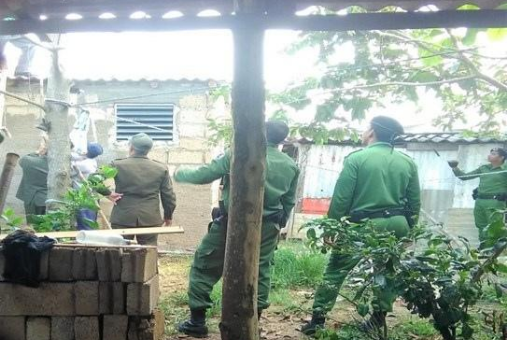
Independent Cuban journalists are calling for support from international governments and organizations as they report a rise in detentions and attacks.
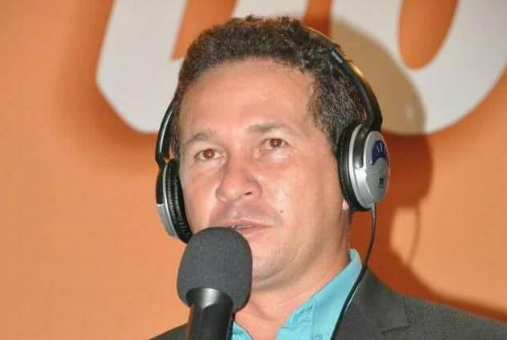
Radio journalist Jairo Sousa was killed while arriving at Rádio Pérola FM in the northern state of Pára in the early morning of June 21. He was going to host his program “Show da Peróla.”

Colombian President Juan Manuel Santos posted on Twitter on June 21 that three bodies were found that could belong to a team of journalists and their driver who worked for Ecuadoran newspaper El Comercio and were reportedly killed in a border region by a dissident group of the FARC.
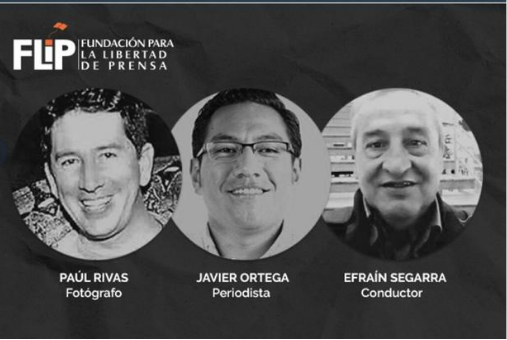
Three bodies that could belong to two Ecuadoran journalists and a driver for newspaper El Comercio were found in Colombia, 88 days after the team was abducted near the border of the two countries.
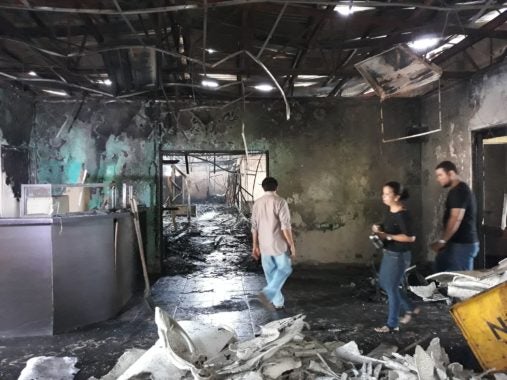
The headquarters of Radio Nicaragua, state radio station of the Central American country, was attacked and destroyed by a fire in the early morning hours of June 8, according to local press reports.
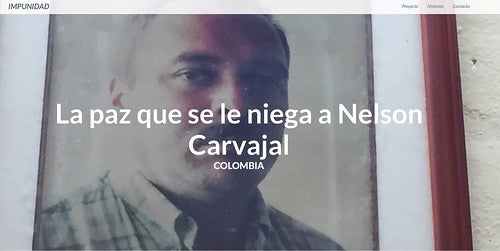
The Inter-American Court of Human Rights (IACHR Court) found the Colombian State responsible for the 1998 murder of journalist Nelson Carvajal Carvajal, and for a failure to guarantee the victim’s right to freedom of expression.
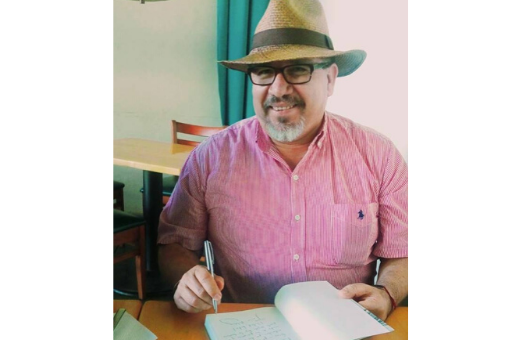
The Special Prosecutor’s Office for the Attention of Crimes Committed against Freedom of Expression (Feadle) of Mexico, with the help of Federal Police, carried out an arrest warrant against Juan Francisco “N,” “for his probable participation in the murder of journalist Javier Valdez Cárdenas, on May 15, 2017.”
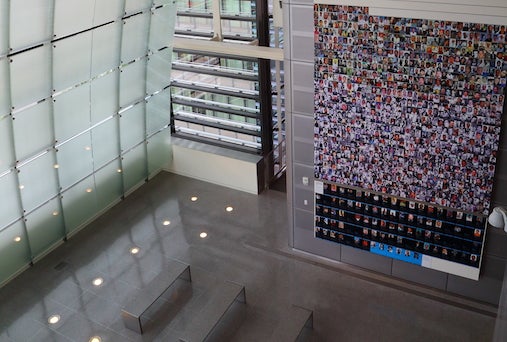
The names of two journalists from Mexico and another from Colombia will be added to the Journalists Memorial at the Washington, D.C.-based Newseum.